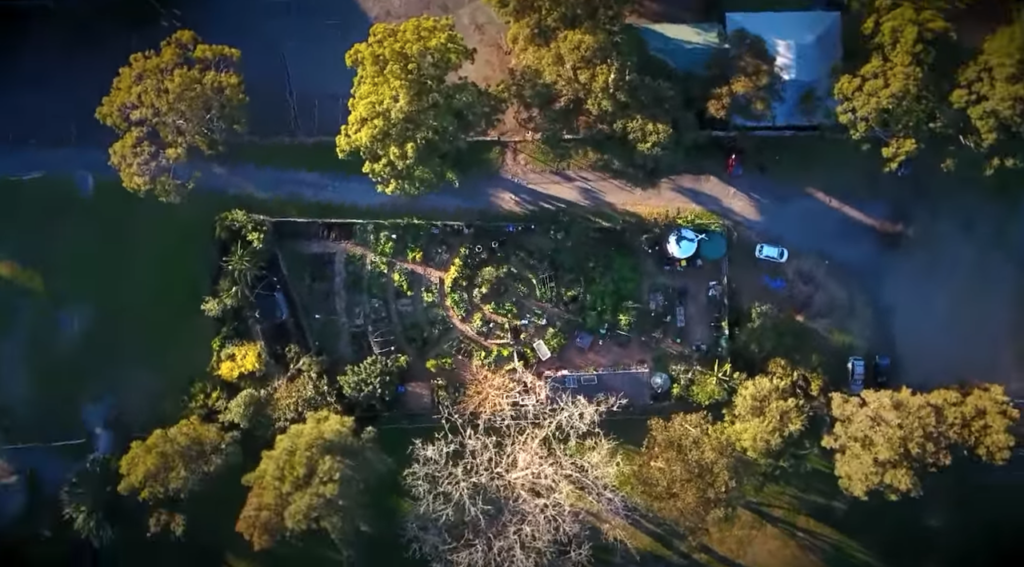
Your garden might not speak to you, but that doesn’t mean it can’t tell a story. When strawberries pop up on the first of October, your garden lets you in on its story of secret conversations the sun. And when weeds come up? It tells the age-old epic story of survival in the face of a murderous invading army.
Gardens are the main characters in countless stories of community, friendship, activism, and change. And what’s the setting of Adam and Eve’s ill-fated bite?
Gardens have stories, and make stories — and not just horticultural ones. Their stories go back as long as history, and I’m pleased to say that not much has changed today!
The Randwick Community Organic Garden (RCOG) is a not-for-profit, incorporated community garden in Sydney’s southeast, that provides local members with the opportunity to take part in their own stories of sustainability, community, and growth.
They have been planting together since the garden’s foundation in 1993. They have moved locations and members have come and gone, but the heart of the garden has not changed. The garden is made up of individual and community plots which ensures everyone has access to gardens to plant herbs, vegetables and flowers.
In addition to the planter plots themselves, RCOG features regular working bees, talks and other educational workshops on environmentally-sustainable growing, and other social activities for locals. As such, it’s not hard to see the crucial role the garden plays in developing strong senses of community and cohesion in the local Randwick area.
So what story is the garden telling? And has it changed over time? Working in partnership with the committee at RCOG, that’s what I want to find out.
I have proposed an oral history project that speaks to current and former members of the Randwick Community Organic Garden (at any point during its near three-decade history) to better understand the stories that made it tick, drove change, and supported the community.
We already know that it does a lot in the community — from working with school-aged students and the elderly and more. We also know that knowing a community’s history, and being proud of it, plays a key role in developing a sense of belonging and connection for members within it.
A lot is still uncertain — the form, for instance — but it is my hope that, by speaking to people whose lives have been touched, in big or small ways, by the garden in Randwick, we’ll be able to develop a story of the garden afresh, to see how it’s changed, and support the garden in sustaining its community.
And maybe uncovering its story will help us see our own more clearly.

What a great blogpost, Anthony. Really loved the way you are thinking about gardens telling stories on so many different levels. Looking forward to hearing more of your discoveries in the garden….Thanks, Mike M.